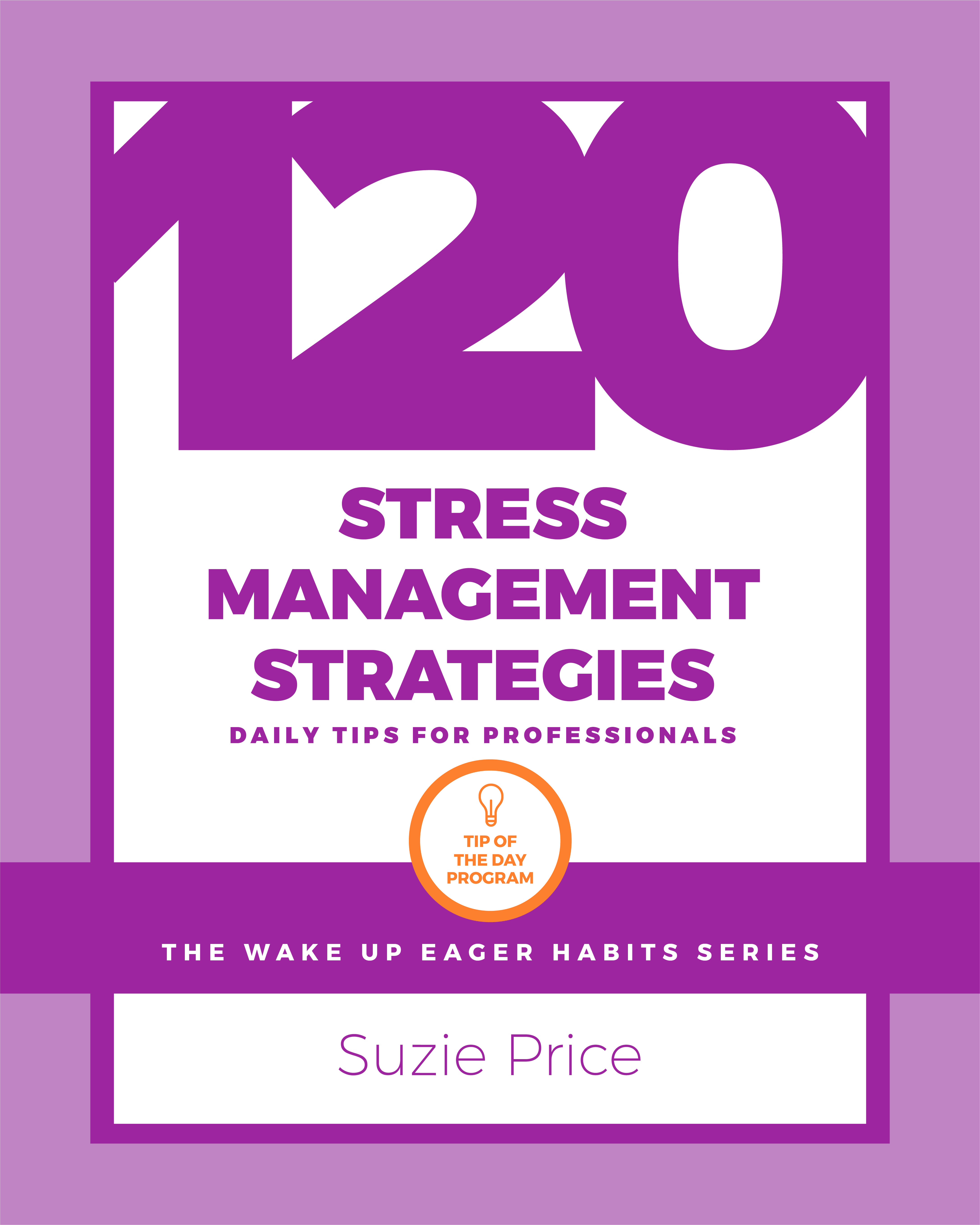The Know How You Need & the Tools to Get You There... Get Certified >

Of All the Important Leadership Characteristics: This One Is Kind of Boring and Hard-for-Me...
Part 2

In Part 1 of this Important Leadership Characteristics article we cover why mastering this skill matters: Addresses Problems Quickly By Focusing on Facts and Behaviors
The Definition of This Skill: This is the ability to quickly, specifically and factually discuss with each team member poor job performance, ineffective personal behaviors and poor work habits. If you’re doing this well: you address problems quickly, objectively and without judgment and in such a way that the employee wants to take positive action.
Helping You (and me!) Master This Skill...Two Action Steps
Two actions that will help you master this skill, (they are already helping me get better at it...) as well ALL of the important leadership characteristics that great leaders do, are:
ACTION STEP #1:
Think through and plan your employee discussion ahead of time.
Yes, I know you've heard about and know about planning, but before you skip over this basic, but crucial action step, be sure to read the simple, but oh-so effective, step-by-step planning steps below.
Take these pre-discussion planning steps BEFORE meeting with anyone to discuss performance:
- FIRST: Think through and write out your objective for the meeting/discussion. "My goal for this discussion are: "I want to _______________________________"
- SECOND: Write out a Problem Statement.
This step will help you be more factual and specific when you are talking about the performance situation.
Use this litmus test to help you stay factual & specific “What Exactly Did I See? What Did I Hear?:
- EXAMPLE #1: "Karen is always late and she talks on the phone too much."
Fails the Litmus Test. Why? It's not specific or factual. - EXAMPLE #2: "Karen
has been late three times in the last week. This week I have overheard
three, 10-20 minute, personal phone calls per day."
Passes the Litmus Test. Why? This one is much better, because by applying the Litmus Test questions - "What did I see? What did I hear?" makes the Problem Statement more specific and factual.
Here Are Two Problem Statement Examples:
WHY THIS WORKS: Being more factual and objective when talking with others about performance increases your chance of having the conversation go more smoothly, because the discussion is centered totally on behaviors, and NOT on the the value of the person as a human being.
When you get really good at stating the facts, objectively and truthfully, based on what you have seen and heard, people are less defensive. This helps you both move away from 'fighting' about the problem and toward finding solutions. When the employee is engaged, and not fighting, defending and/or resisting you --- he or she is more likely to begin trying to help resolve the problem(s).
ACTION STEP #2:
Get really good at RECEIVING feedback & practice GIVING feedback.
The second key to improve your ability to: Address Problems Quickly By Focusing on Facts and Behaviors. is to: Get really good at receiving feedback and practice giving feedback.
This is one of those leadership characteristics that takes PRACTICE, if you want to be good at it.
Here are some ideas for getting more feedback and for practicing:
- Join Toastmasters. This organization is a great, inexpensive group focused on improving communication, leadership and presentation skills. I've been an active member for years. They provide plenty of opportunity to give feedback and receive feedback,.
- Ask for Feedback with a 360 feedback report Read this: What is Feedback? article.
- You don't have to have an "Official 360 Feedback Report" to get more feedback, you can just start asking for feedback, in person from your peers, manager and direct reports.
HERE'S EXACTLY 'HOW-TO' START ASKING FOR FEEDBACK:
I've become better at 'feedback' since becoming a Consultant back in 2004. And you can use the same 'Consulting Skills' to practice receiving feedback!
START BY asking for feedback after a project is completed or after an important, SIMPLY ASK: "What do you think went well? What would you change? What should we make sure continues? What needs to stop?"
Getting into the PRACTICE of always asking for feedback helps you get more comfortable with it. And, it helps the people around you get more comfortable giving feedback. as well.
You become a great role model for how to give and receive feedback, AND you become very well informed about what's happening all around you! That's because you've helped people develop the habit of keeping you informed, they now know you want to know what they think.
Addressing problems quickly and effectively IS indeed one of the most important leadership characteristics to develop and master. Contact us for a complimentary coaching call.
LET'S TALK:
Contact us to schedule a Complimentary Consulting Call
or to ask questions about any of our Hiring,
Coaching, Training and Assessment services.
Leave This Important Leadership Characteristics Article, & Go To My Products Page





